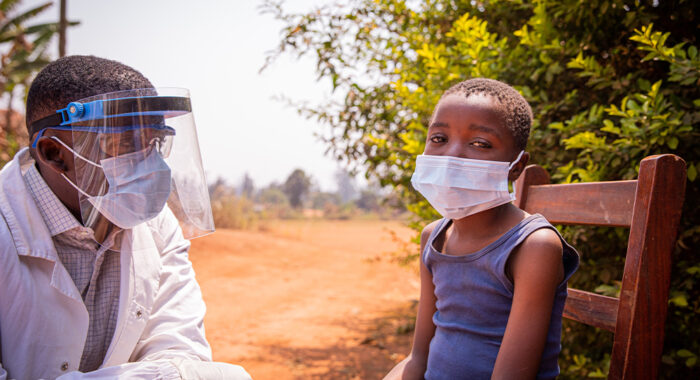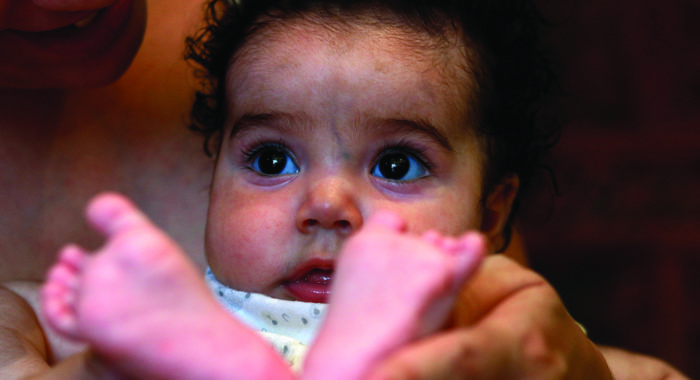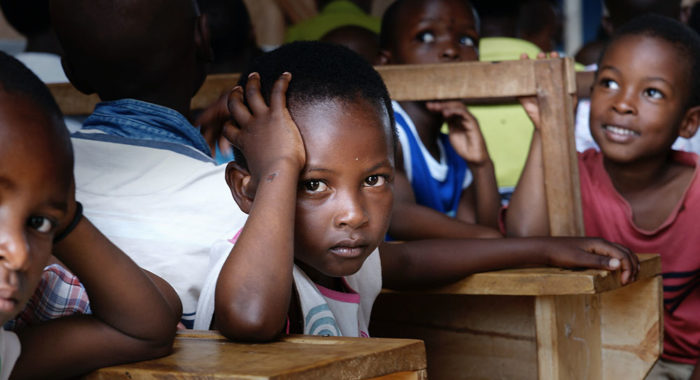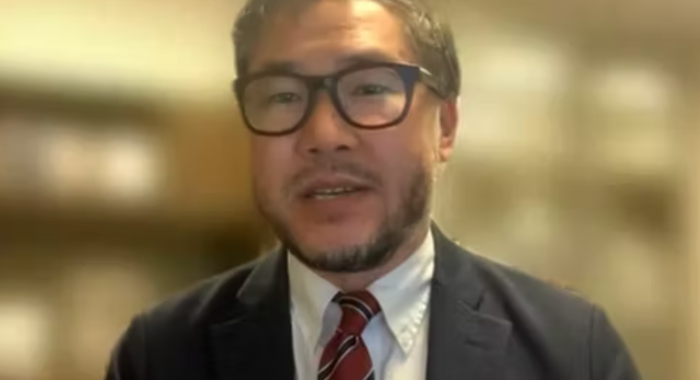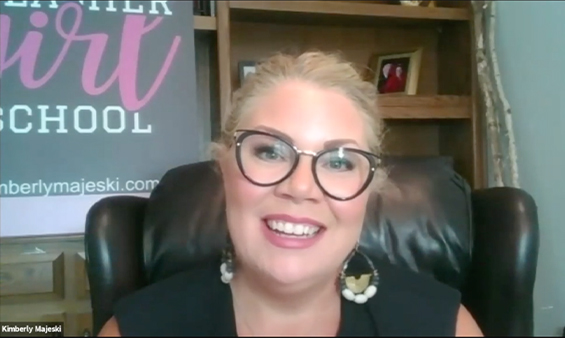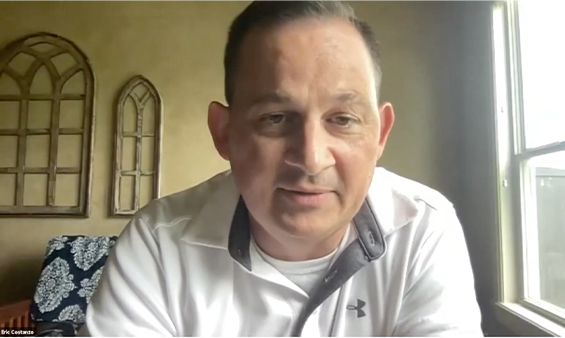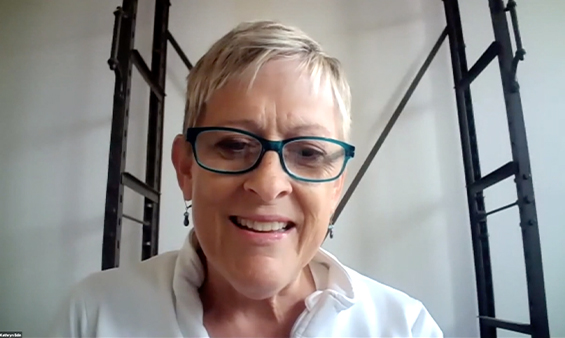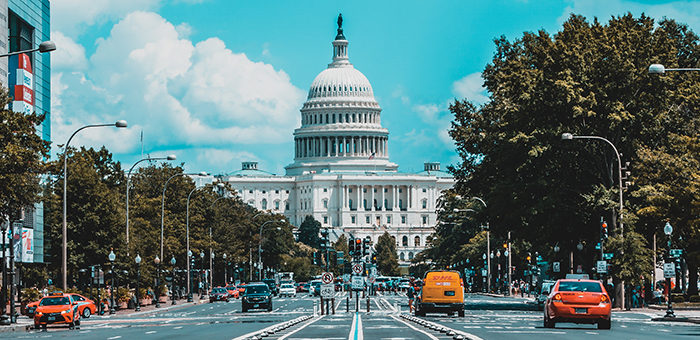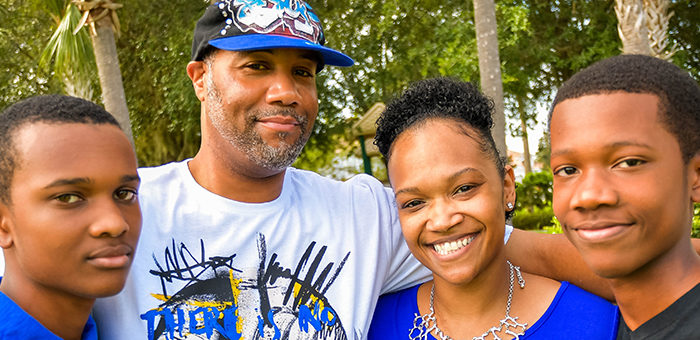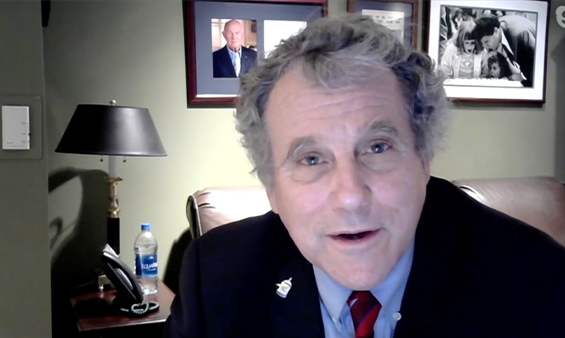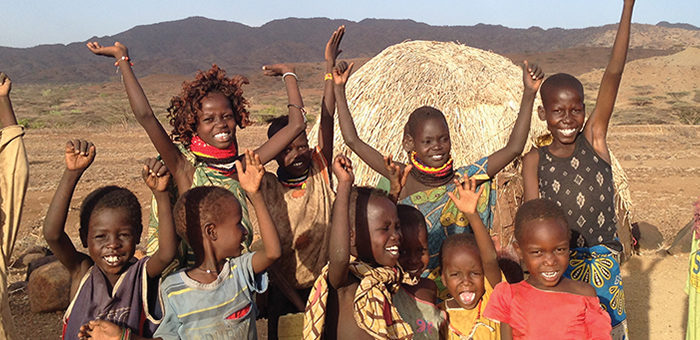
Leaders from Christian families across the theological and political spectrum joined together in a statement to oppose budget cuts that would harm people living in hunger and poverty. NAE President Leith Anderson signed the statement.
The Circle of Protection is a broad coalition of leaders from all the families of U.S. Christianity who have come together around the biblical mandate to protect poor and vulnerable people. Our Christian churches and organizations directly assist our neighbors in need every day; and we also support laws and policies which provide for the common good — with opportunities for all human persons to thrive and flourish.
God instructs us to protect the poor and vulnerable. Jesus tells us to serve and defend “the least of these.” The biblical prophets remind us that how we treat the most marginal and vulnerable among us is the test of a nation’s moral righteousness — telling kings and rulers that the measure of their governance is the well-being of those most in need.
The Trump Administration’s budget proposal has now been presented to Congress. We believe budgets are moral documents; they reveal our values and show our priorities, whether for families, churches, organizations, or governments. Budgets show who and what we view as important, and, likewise, who and what are not. We have deep moral concerns about the way this budget would impact those we are called to protect.
We support responsible stewardship that provides opportunity for people to thrive and invests in people who are not thriving. The evidence shows that the safety net has been effective at improving the lives of poor Americans. We recognize the need to address our national debt and believe that Congress should approve a budget that weighs the importance of providing for critical needs and that responsibly manages the country’s fiscal issues; but the most vulnerable should not carry the burden of solving this challenge.
This budget proposes major cuts to programs for the poor, hungry, weak, sick, and most vulnerable. The lives of low-income African-Americans, Latinos, Native Americans, Asian-Americans, and white Americans would be disproportionately impacted. The budget would increase hunger in America by cutting SNAP (Supplemental Nutrition Assistance Program, formerly food stamps) by more than 25 percent, mostly impacting low-income working families. It would significantly cut the Children’s Health Insurance Program, the Social Security Disability Insurance Program, and the Community Block Grants which support many vital neighborhood programs.
In addition, the House-passed health bill would cut more than $800 billion from Medicaid over ten years, taking health insurance away from 14 million low-income people, and 23 million Americans overall. As in the past, many low-income families would be vulnerable to hunger, poverty and bankruptcy when illness and the high costs of health care strike them. The administration’s budget proposes to cut yet another $600 billion from Medicaid for America’s poorest and most vulnerable people.
We favor sensible cost controls that do not deny needed care to low-income Americans. And we support measures that aim to reduce health care costs. However, these deep cuts in Medicaid would put at risk the well-being of millions of our fellow Americans — especially the weakest, the oldest, and children most at risk. We ask our leaders to consider options that do not ask our poorest neighbors to bear most of the weight of budget and health care cuts.
We do not support sharp increases to defense spending that are made possible by corresponding reductions in non-defense discretionary spending, particularly in programs that help poor and vulnerable people. The biblical prophets teach us that our security depends in part on upholding justice for people in poverty.
There is broad and deep support within the faith community for continued funding of poverty-focused international assistance programs. The budget proposal would reduce U.S. foreign aid by 29 percent — at a time when famines are emerging in four countries across Africa and the Middle East. Deep cuts to foreign aid are likely to fall especially hard on initiatives that help people get out of poverty — nutrition programs for babies, for example, or improved seeds for struggling African farmers.
The Circle of Protection is committed to working with members of Congress across party lines to build a budget that defends those who need protecting; and to improve the health care system in America in ways that guard the health of those most at risk. As Congress considers budget and appropriation bills and potential health care legislation, we urge our leaders to approve bills that do not put the lives of the most vulnerable in danger.
We regularly work with congressional leaders from both parties to improve the effectiveness of anti-poverty programs. Our churches and organizations help people in need and at risk in so many ways. As people of faith we urge Congress to work together and with us to provide a circle of protection around funding for programs that offer crucial help and opportunity to hungry and poor people.
Therefore, we call on our members and congregations to contact their representatives to express their Christian convictions on these critical matters of public policy. We will ask all our constituencies to urge their members of the House and Senate to not cut programs that protect poor people and families.
And we call upon our political leaders in the House and the Senate to express their faith convictions in their votes. We commit to praying for our leaders as they develop wise legislation for the nation and especially for our most vulnerable citizens and neighbors. We are ready to talk and pray with you, and together make the protection of the poor possible.
As Jesus reminds us, “As you have done to the least of these, you have done to me.”
Download a PDF of the statement with the complete list of signatories.



 View All Updates
View All Updates 



